Writing practice Normal Alphabet Worksheets for Ages 4-9
7 filtered results
-
From - To
Discover our engaging Writing Practice Normal Alphabet Worksheets designed for children ages 4-9! These worksheets are perfect for helping young learners develop essential handwriting skills while mastering the alphabet. Each sheet provides ample practice for both uppercase and lowercase letters, making it easy for kids to improve their writing accuracy and confidence. With fun activities that encourage creativity, these resources are ideal for home schooling or classroom use. Whether your child is just starting their writing journey or refining their skills, our worksheets offer valuable practice opportunities. Download them today and watch your child flourish in their writing abilities!
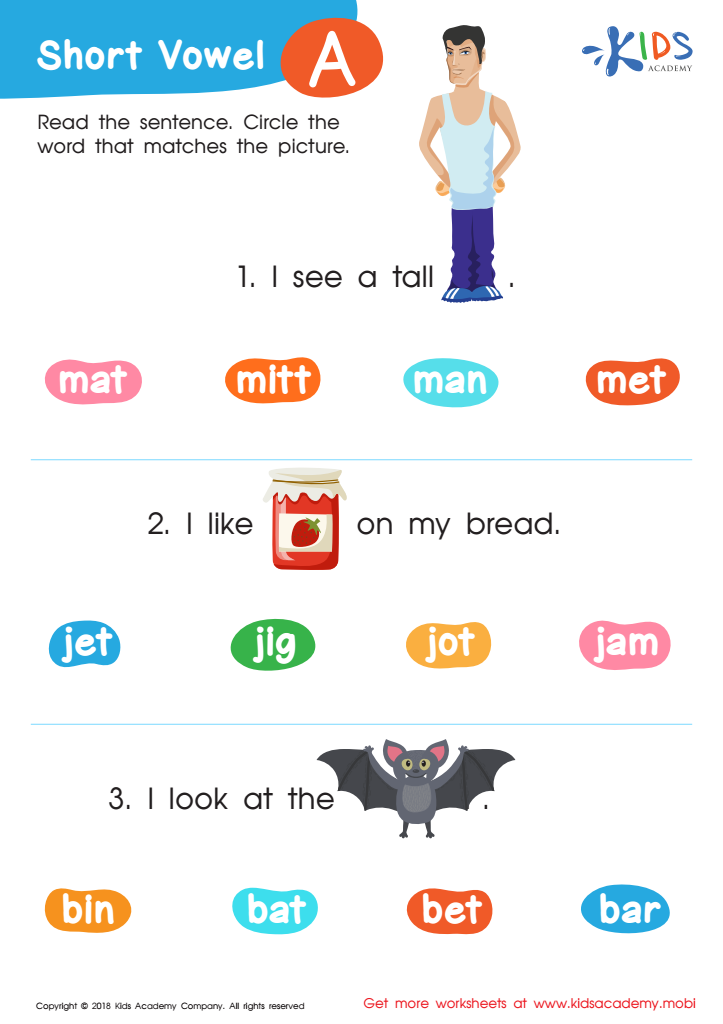

Short Vowel /a/ Worksheet
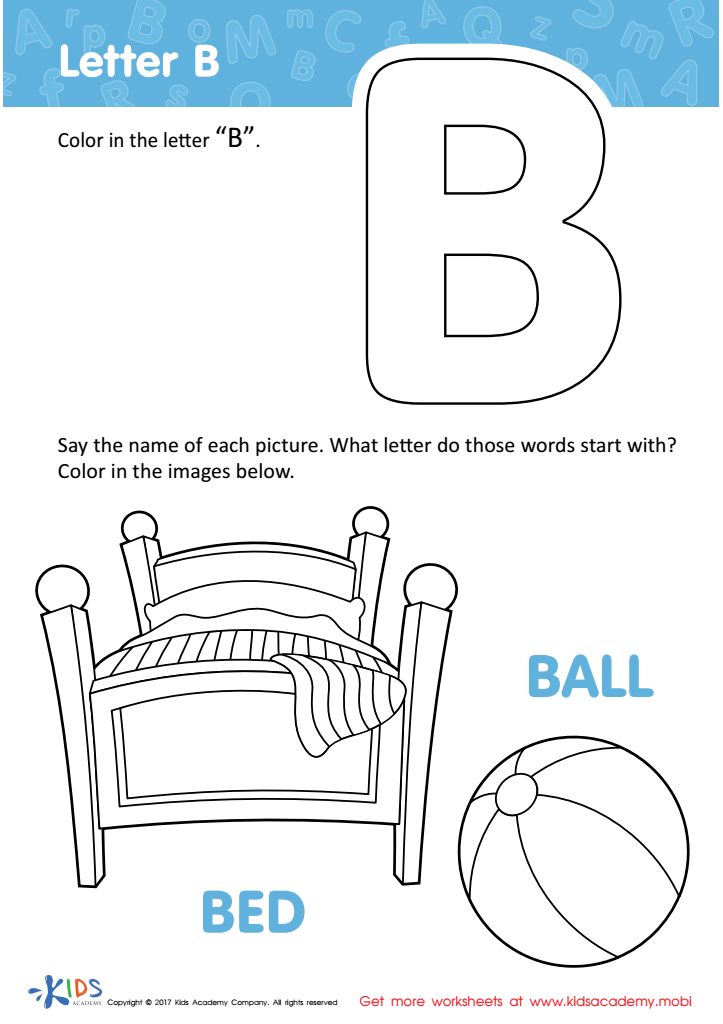

Letter B Coloring Sheet


Letter A Coloring Sheet


Letter H Tracing Page
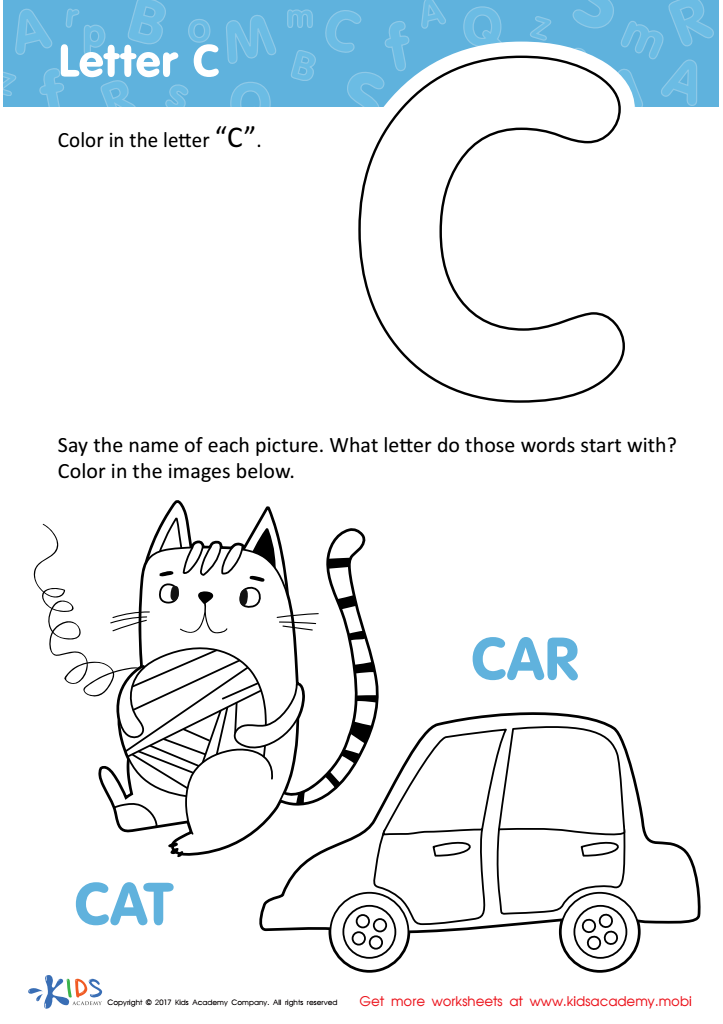

Letter C Coloring Sheet
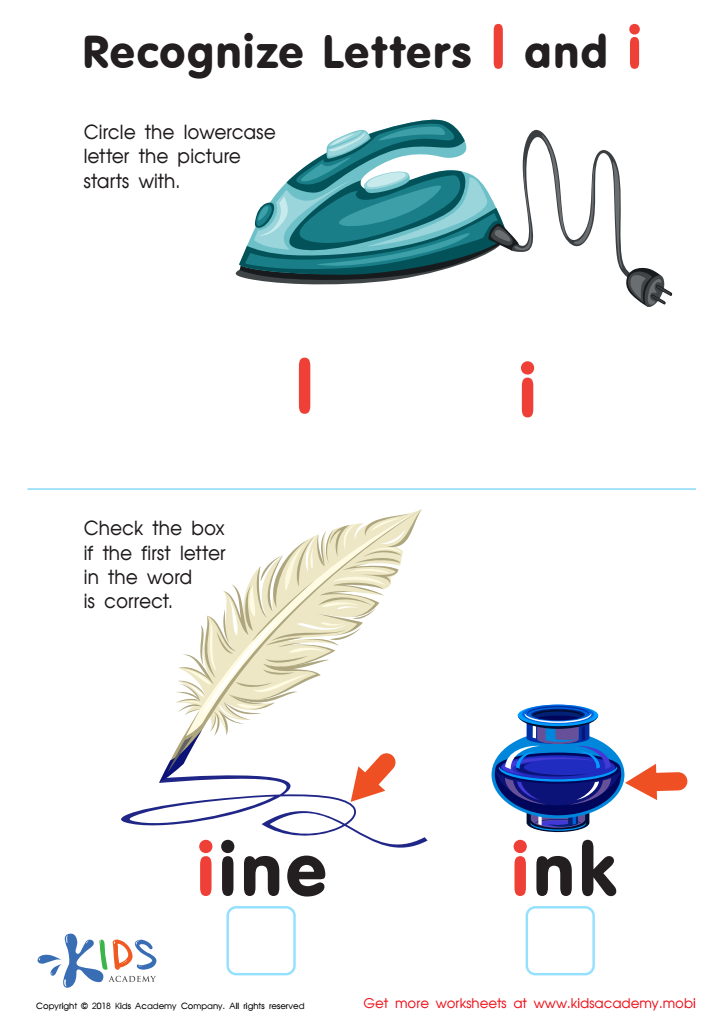

Recognize Letters l and i Worksheet
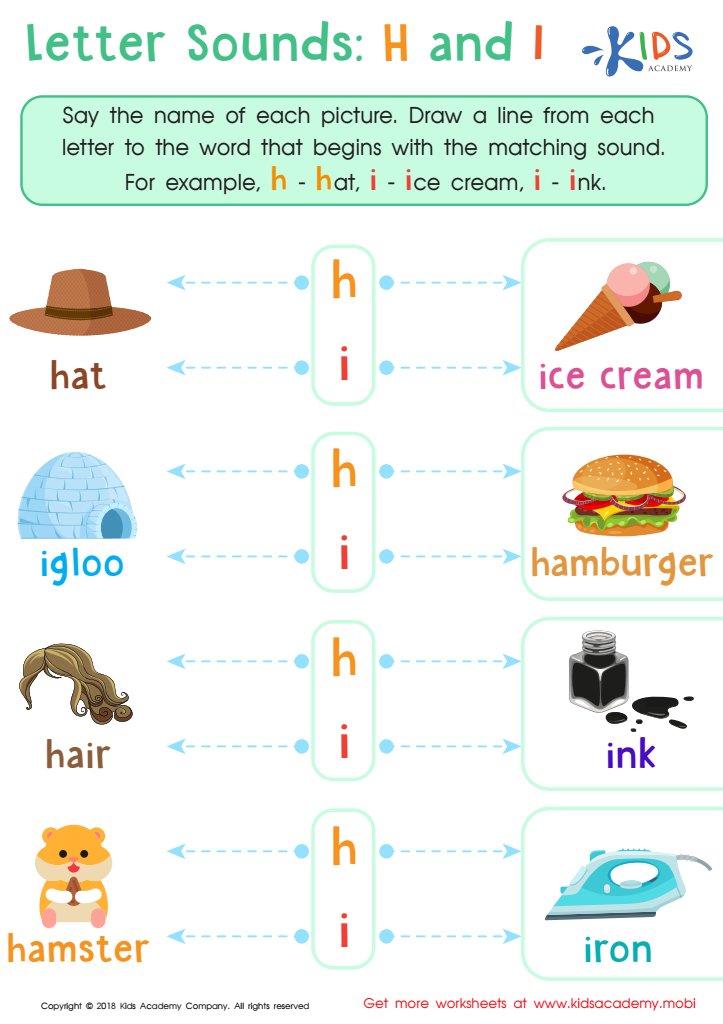

Letter H and I Sounds Worksheet
Writing practice using the normal alphabet is crucial for children aged 4 to 9 for several reasons. First, it lays the foundation for literacy skills, which are vital for academic success. Mastery of the alphabet enhances phonemic awareness and helps children learn to sound out words, facilitating reading development.
Second, writing helps develop fine motor skills and hand-eye coordination, as children practice holding writing instruments and forming letters. This physical aspect of writing is important for their overall dexterity, contributing to their ability to perform everyday tasks.
Additionally, writing practice encourages self-expression and creativity. Children learn to communicate their thoughts and emotions through written words, fostering healthy emotional development and allowing them to engage with their peers through storytelling and shared experiences.
Lastly, consistent writing practice boosts confidence. As children master the alphabet and then progress to words and sentences, they gain a sense of achievement, which can motivate them to embrace more complex writing tasks. For parents and teachers, supporting writing practice during these formative years is not only about academics; it's about nurturing well-rounded, expressive individuals ready for future learning endeavors.
 Assign to My Students
Assign to My Students














